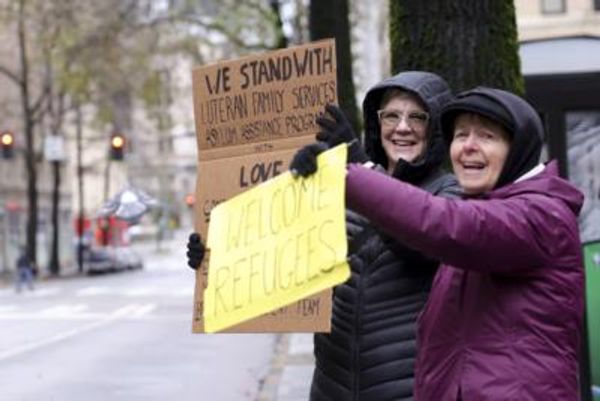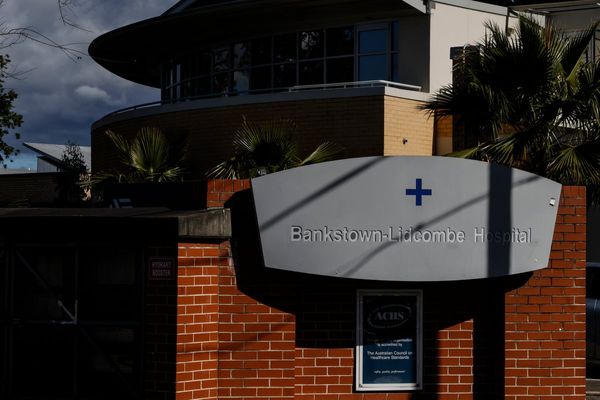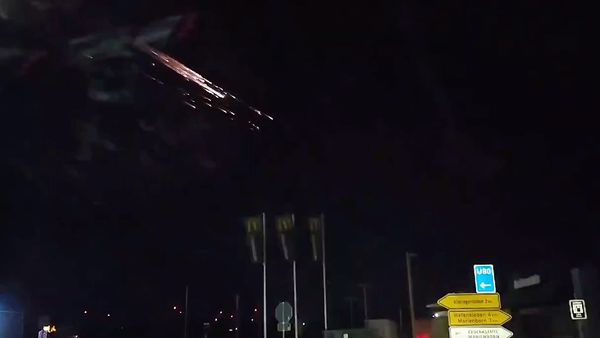
Israel’s prime minister Benjamin Netanyahu has reportedly criticised plans announced by the military to hold daily tactical pauses in fighting along one of the main roads into Gaza to facilitate the delivery of aid
On Sunday the military announced a daily pause that would begin in the Rafah area at 8am and remain in effect until 7pm along the main Salah al-Din road, to allow aid trucks to transit between the Kerem Shalom crossing from Israel, adding that the pause would take place every day until further notice.
“When the prime minister heard the reports of an 11-hour humanitarian pause in the morning, he turned to his military secretary and made it clear that this was unacceptable to him,” an unnamed Israeli official told media late on Sunday.
The official said Netanyahu received assurances that “there is no change” in the military’s policy and “fighting in Rafah continues as planned”.
Israeli television stations later quoted Netanyahu as criticising the military, saying: “We have a country with an army, not an army with a country.”
The military clarified that normal operations would continue in Rafah, the main focus of its operation in southern Gaza, where eight soldiers were killed on Saturday. However the reaction from Netanyahu underlined political tensions over the issue of aid coming into Gaza, where international organisations have warned of a growing humanitarian crisis.
National security minister, Itamar Ben-Gvir, who leads one of the nationalist religious parties in Netanyahu’s ruling coalition, denounced the idea of a tactical pause, saying whoever decided it was a “fool” who should lose their job.
The spat is the latest in a series of clashes between members of the coalition and the military over the conduct of the war, now in its ninth month, and comes a week after centrist former general Benny Gantz quit the government, accusing Netanyahu of having no effective strategy in Gaza.
The limited pause was announced after talks with Egypt and pressure from the US to increase the flow of humanitarian aid into Gaza. The IDF said the pause was being coordinated with the UN and international aid agencies.
“We welcome this announcement,” said Jens Laerke, a spokesperson for the UN’s Office for the Coordination of Humanitarian Affairs (OCHA). However, he added: “This has yet to translate into more aid reaching people in need.
On Sunday, US president Joe Biden used his Eid al-Adha message to Muslims to push his US-backed ceasefire deal in Gaza, saying it was the best way to help civilians suffering the “horrors of war between Hamas and Israel.”
“Too many innocent people have been killed, including thousands of children. Families have fled their homes and seen their communities destroyed. Their pain is immense,” Biden said in a statement.
The US has been pressing Israel and Hamas to formally accept the ceasefire deal, backed by security council members last week, which would allow an initial six-week pause to fighting.
But despite the growing international pressure for a truce, an agreement still appears distant.
Although opinion polls suggest most Israelis support the government’s aim of destroying Hamas, there have been widespread protests attacking the government for not doing more to bring home about 120 hostages who are still in Gaza after being taken hostage on 7 October.
Agence France-Presse, Reuters and Associated Press contributed to this report







